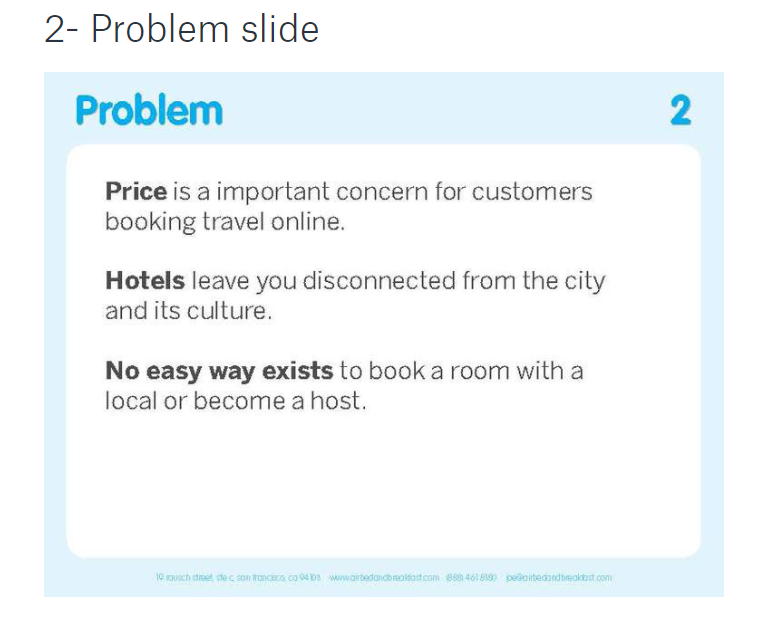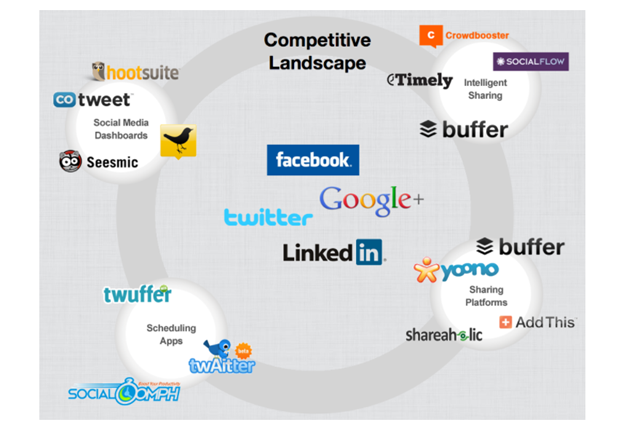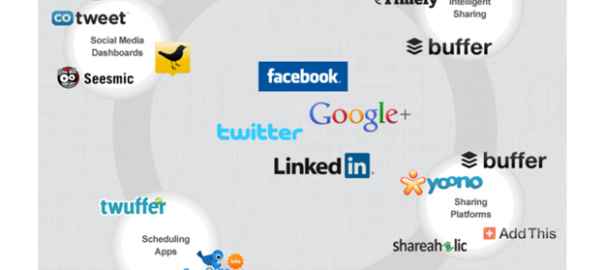Entrepreneurs know that the most important part of starting a business is securing investors. You will likely pitch your business hundreds of times at networking events, meetings with banking professionals, speaking with venture capitalists, and talking to friends and family. Preparing your elevator speech upfront will help you tackle all of these meetings with confidence. Read on for tips on how to write an elevator pitch to effectively sell your idea and find seed money to launch.
- What is an elevator pitch?
- What to say in your elevator pitch
- What not to say during your pitch
- Tips for making your pitch memorable
- What to do after your pitch
- Templates for writing your pitch
What is an elevator pitch?
An elevator pitch is a brief yet compelling summary of your background and qualifications. It is a summary of your business plan for businesses, including who you are and what you can do for customers. When considering how to write an elevator pitch, keep in mind that you should communicate your business idea and the market need it fills in 60 seconds or less.
What to say in your elevator pitch
Your pitch should cover a few basic topics, including:
- Your background
- A description of your business
- How you are different
- Your benefit to potential clients
- Call to action
Your background
Start your pitch with a brief introduction. You don’t have to go into a detailed breakdown of your resume, but you should establish why you are qualified to run this business. For example, if you are opening a restaurant, include your years of experience as a chef or restaurant manager.
A description of your business
This should be interesting. Rather than simply stating that you’re opening a restaurant, go into detail on your type of cuisine and how it fits into the local restaurant scene.
How you are different
This is your chance to hook investors. Communicate the attributes of your business that stand out. Are you the only restaurant of its type in your area? Are you hiring a renowned chef who is a hot commodity? When you were developing your business plan, you should have determined your unique value. Summarize this.
Your benefit to potential clients
In this part of your pitch, highlight your benefit to your customers. Detail the problems that your business will solve for customers. It could be a unique process or a product that will change how your customers run their businesses. Cover how you add value to clients.
Call to action
Finish your elevator pitch with a call to action. This can be an awkward part of the pitch because you don’t want to appear too eager. But you should end by asking for a phone call or even a short request for feedback on your idea. Be prepared with business cards and take the card of the person to whom you’re talking.
What not to say in your pitch
Elevator pitches should be short and sweet. They should be intriguing and make the investor want to hear more about your business. When determining how to write an elevator pitch, you should avoid the following:
- Being overly wordy
- Using jargon
- Being too general
- Focusing too much on yourself
- Seeming desperate
Being overly wordy
Your pitch is the chance to sell your company to investors in a short period of time. Being overly wordy puts you at risk of losing your audience. If you’ve practiced your elevator speech and keep going over 60 seconds, reread it and see what you can remove. Find ways to rewrite sentences, making them easier to understand.
Using jargon
When your business is your passion, it’s easy to assume that everyone has the same knowledge base. But the people you’re pitching might not be familiar with your industry. For an elevator pitch, keep all of your terminology simple. Assume that the people listening don’t know anything about your line of work.
Being too general
Elevator pitches serve as a sales tool. Before you can begin marketing to customers, you have to market to the people who can help you launch the business. Investors will quickly decide if you are worth the risk. Your pitch should be specific. Define the problem and then tell investors how you are going to solve it.
Focusing too much on yourself
Although you want to establish your credibility, you shouldn’t spend too much of your pitch focusing on yourself. This isn’t the time to tell a long story about what inspired you to start your business. Unless it’s interesting and relevant to your business’s unique value, you should only include enough detail to establish yourself as the right person to run your business.
Seeming desperate
When speaking with potential investors, you should be confident and collected. You don’t want to seem like you’re begging for money. Putting too much emphasis on investors can be off-putting. If your pitch is interesting enough, then people will follow up. Don’t put so much pressure on closing the sale, and instead, highlight your company’s value.
Tips for making your pitch memorable
Whether you’re going to a meeting with banking professionals or working the room at a networking event, you want to prepare. Become familiar with your business plan, including your target market and marketing strategies. Know your competitors and where you fit into the market.
Being prepared will help you effectively answer investor questions with confidence. However, don’t stick to a script. People respond more favorably when you connect with them. If you approach your pitch like a discussion rather than a rehearsed speech, you will be able to connect to investors. Memorizing a script can make you seem stiff or inauthentic.
If an investor is interested in your business, they might stop you to ask follow-up questions. Answer these questions with confidence. If you can’t immediately answer the person’s question, jot it down and follow up with an answer later. This makes you seem more competent than making up a baseless answer on the spot.
Know your audience. You can change your elevator pitch based on your audience. If you pitch to a group of investors who are familiar with your industry, show how you stand out in the market. These people might know specifics about the problem that your company solves. If you pitch to people who don’t know about your industry, you might need to establish the problem for them.
What to do after your pitch
Once your pitch has ended, use the time to respond to questions from the investor. Additionally, use this time to clarify the next steps in the process. If your contact is not interested, simply thank them for their time. Bring business cards with you for people who are interested and hand them out. If someone has indicated potential interest, follow up with them within 24 hours.
Examples
Some companies have established a reputation for having great elevator pitches. Many of these entrepreneurs have gone on to build some of the most recognizable brands in the world.
Airbnb
As detailed on Slidebean, the founders of Airbnb managed to raise over $ 500,000 in startup capital based on their pitch. They were effective in setting up a common travel problem that speaks to people who like to travel.

Airbnb’s slide deck clearly illustrated a gap in the field of lodging that was not acknowledged in the travel industry.
Kangogift
Kangogift is a software company that helps build company morale by offering tools that let employers recognize hard-working employees. As part of the initial pitch, the founders included the following tagline: “We make it easy to say ‘thank you at work.” This simple sentence effectively communicates the company’s unique value.
Buffer
Venngage covered the social media platform Buffer’s successful elevator pitch. It details how the company was having trouble standing out in the crowded market of social media. To communicate how its platform was different, Buffer’s founders created the following infographic comparing the platform to competitors.

Buffer cleared up confusion about its platform by diagramming its place in the market.
By clearing the confusion about how their platform was different than competitors, Buffer executives successfully raised over $ 500,000 to start the company.
Templates
If you are having trouble narrowing your business plan down to a 60-second elevator pitch, take advantage of these templates. Many have questions that you can answer to hone your pitch and identify your unique value.
- Venngage offers templates for slide decks that you can use to create a quick pitch for business meetings.
- Strategy Peak has PDF templates that you can use to compose the first draft of your elevator pitch. Once written, you can read through it and change things to create interest.
- MindTools includes templates for writing your pitch along with exercises you can do to enhance your public speaking skills.
Perfecting your elevator pitch could prove to be the key to your company’s success. By knowing your company’s story and value and communicating it to potential investors, you can raise money more successfully. Become familiar with your business plan and find your hook to craft the perfect elevator pitch.
Business & Finance Articles on Business 2 Community
(63)





